- Home
Page 2
Page 2
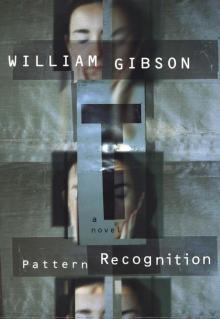 Pattern Recognition
Pattern Recognition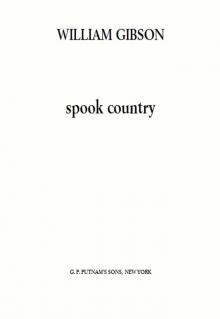 Spook Country
Spook Country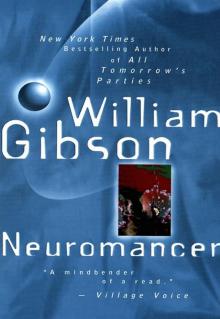 Neuromancer
Neuromancer Skinner's Room
Skinner's Room The Difference Engine
The Difference Engine Mona Lisa Overdrive
Mona Lisa Overdrive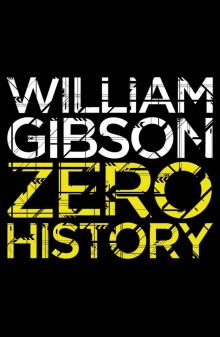 Zero History
Zero History The Peripheral
The Peripheral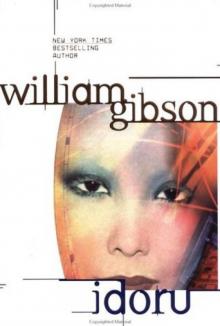 Idoru
Idoru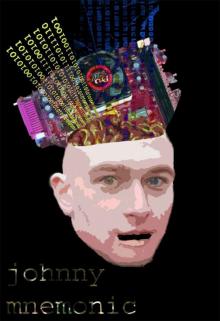 Johnny Mnemonic
Johnny Mnemonic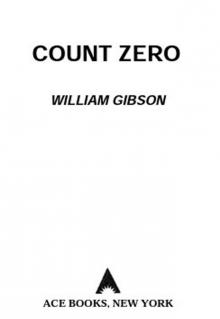 Count Zero
Count Zero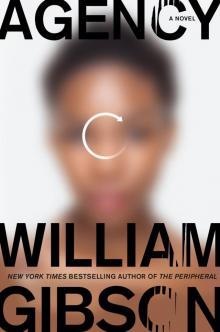 Agency
Agency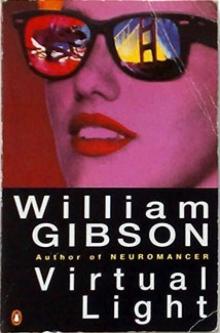 Virtual Light
Virtual Light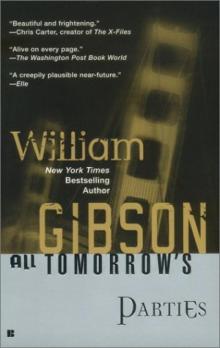 All Tomorrow's Parties
All Tomorrow's Parties The Miracle Worker
The Miracle Worker Disneyland with the Death Penalty
Disneyland with the Death Penalty Idoru tb-2
Idoru tb-2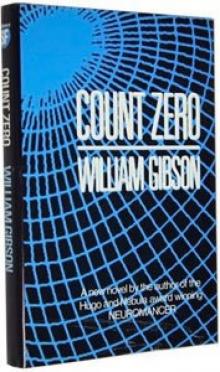 Count Zero s-2
Count Zero s-2 The Gernsback Continuum
The Gernsback Continuum New Rose hotel (tales)
New Rose hotel (tales)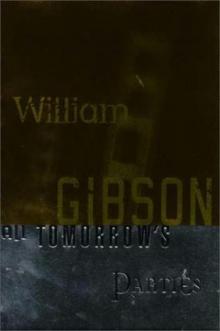 All Tomorrow's Parties bt-3
All Tomorrow's Parties bt-3 Hinterlands
Hinterlands Thirteen Views Of A Cardboard City
Thirteen Views Of A Cardboard City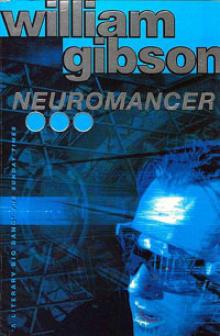 Neuromancer ts-1
Neuromancer ts-1 Virtual light b-1
Virtual light b-1